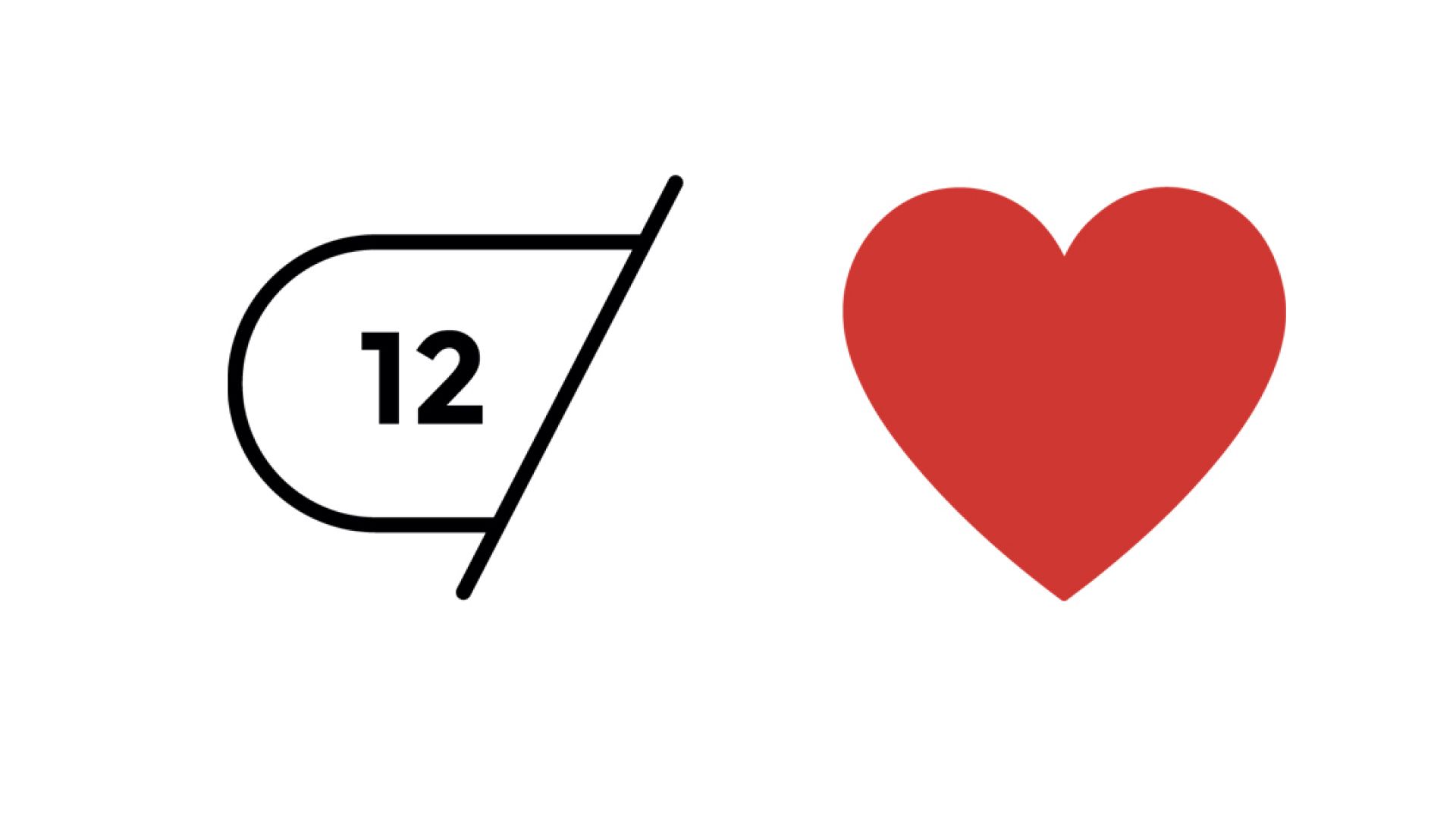Put a beating social heart at the centre of the green and digital transitions
The current economic model is polluting the air we breathe, the water we drink and the food we eat – and pushing the earth beyond its limits. Experts give us ten more years to turn around the climate emergency, the biggest threat to the survival of the planet and people. We are proud that the Green New Deal we campaigned for has become the centerpiece of this Commission’s work, under the leadership of Commissioner Frans Timmermans. All of us must engage together in the epochal effort to turn Europe into a carbon-neutral continent, changing the way we produce, work, travel and live.
This task is not made easier by the second parallel transformation we must master: digitisation is turning our world upside down, changing the way we live, love and work. Algorithms match us with potential partners and decide on massive financial transactions that can shatter national economies. Driverless cars are on our streets and soon our refrigerators will automatically put in an order when they need restocking. How can we reap the benefits of digitisation while ensuring that they do not destroy our workers’ rights, harvest data on every detail of our lives and make the big gig companies even richer at our expense?
We will master the twin transitions – digital and green – but only if we ensure that these transformations translate into social progress for all. This is the key for our shared future and our political family is committed to finding the way to do this. Why is it crucial? The effects of climate change hit the poorest the hardest and the ongoing green and digital transitions will – if we don’t steer them in the right direction – only aggravate existing inequalities.
Here are some concrete examples. Poorer people die more often during heat waves and are more severely affected by air pollution. Food prices are set to rise due to extreme and changing weather conditions caused by the climate emergency. Heating costs are expected to go up. How do you cope with that, when you are already struggling to make ends meet? There is no spare money to insulate the house or put solar panels on the roof. What can you do when your diesel car is banned from the city and you simply cannot afford a high-priced electric car?
At the same time, digitisation is undermining existing workers’ rights. Platforms pass their business risks onto the workers, claiming they are independent contractors. This means: no secure income, no workers’ rights, no insurance in case of accidents. More people working in insecure jobs.
So what is the answer? We need a coherent vision and real action to address this complex situation, including for example:
• laws to ensure that offline and online workers have the same rights
• re-training and re-skilling to give everyone the tools they need for the new economy
• putting the ‘polluter pays’ principle at the heart of taxation to make sure polluters don’t get away scot-free and dump the costs on society at large
• free public transport to reduce emissions and make the transport to school and work accessible for all.
This is the socio-ecological transition we want to drive. This is no longer about redistributive justice and levelling the playing field. It’s about tilting the playing field to build a better future for all. Our Progressive Society team is currently working on their second report, consulting with cutting-edge thinkers to formulate groundbreaking policy initiatives so we can build a society with social progress and wellbeing for all. Stay tuned for more updates.


